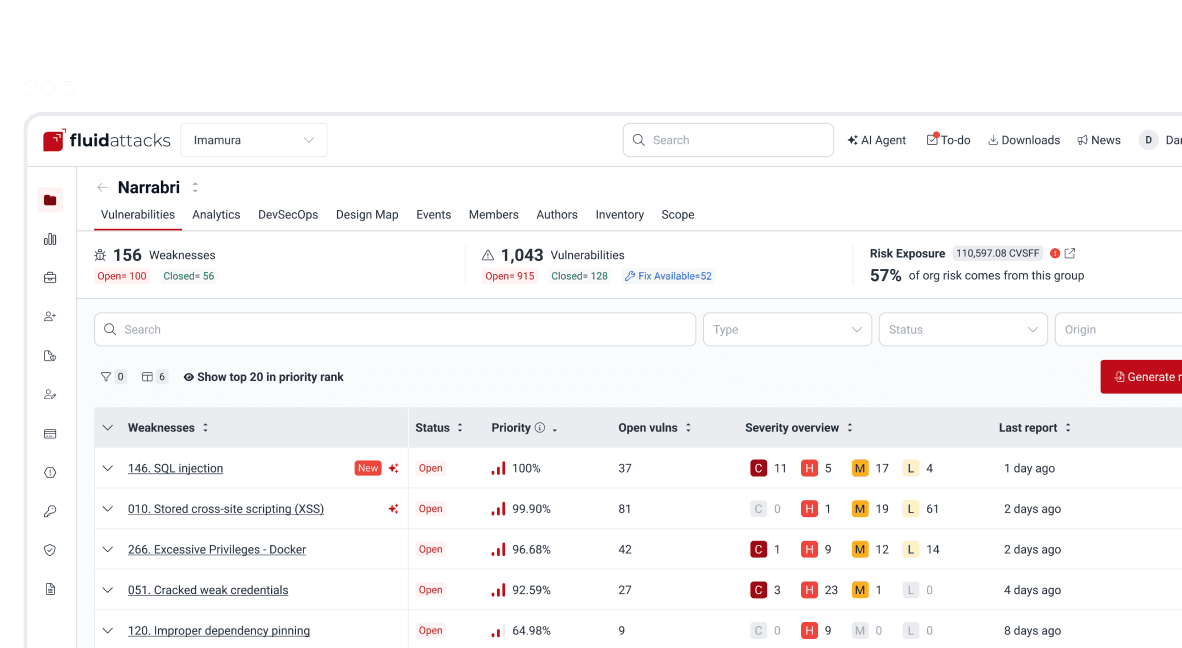Certifications of our pentesters
Fluid Attacks' pentesters have international certifications in multiple security testing techniques aimed at diverse targets of evaluation. Our team puts all this knowledge into practice in our all-in-one solution, Continuous Hacking.
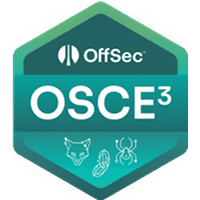
OffSec Certified Expert 3
Show overview
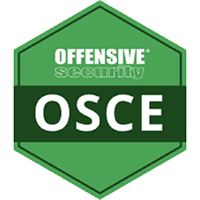
Offensive Security Certified Expert
Show overview
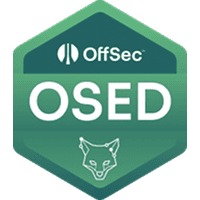
OffSec Exploit Developer
Show overview
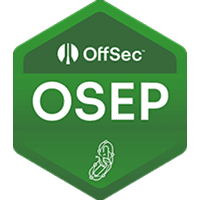
OffSec Experienced Penetration Tester
Show overview
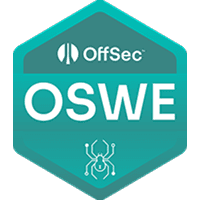
OffSec Web Expert
Show overview
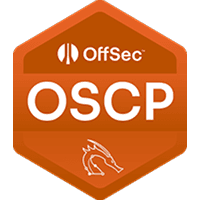
OffSec Certified Professional
Show overview
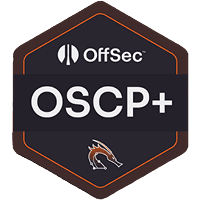
OffSec Certified Professional +
Show overview
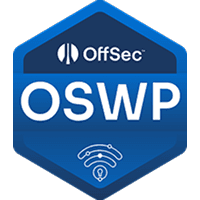
OffSec Wireless Professional
Show overview
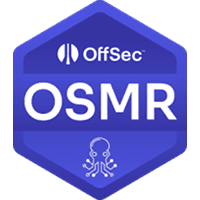
OffSec macOS Researcher
Show overview

GIAC Mobile Device Security Analyst
Show overview
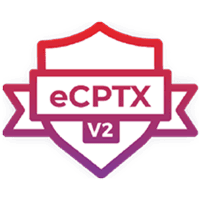
Certified Penetration Tester eXtreme
Show overview

Web Application Penetration Tester eXtreme
Show overview

Certified eXploit Developer
Show overview
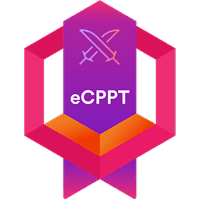
Certified Professional Penetration Tester
Show overview
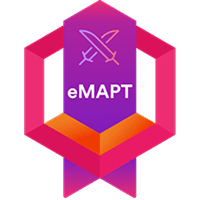
Mobile Application Penetration Tester
Show overview
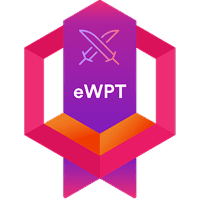
Web Application Penetration Tester
Show overview
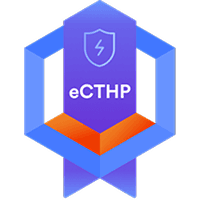
Certified Threat Hunting Professional
Show overview

Certified Malware Analysis Professional
Show overview
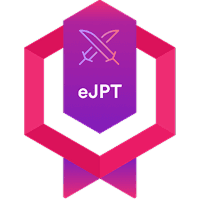
Junior Penetration Tester
Show overview
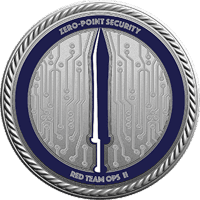
Red Team Lead
Show overview
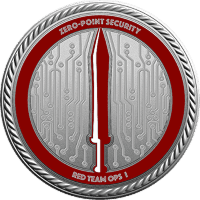
Red Team Operator
Show overview
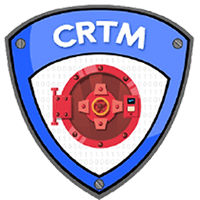
Certified Red Team Master
Show overview

Certified Red Teaming Expert
Show overview

Certified Red Team Professional
Show overview

AI Red Teaming Professional
Show overview
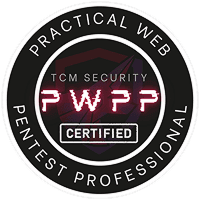
Practical Web Pentest Professional
Show overview
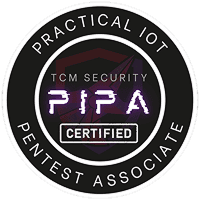
Practical IoT Pentest Associate
Show overview
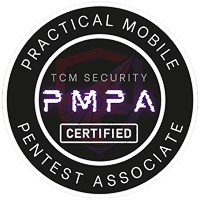
Practical Mobile Pentest Associate
Show overview
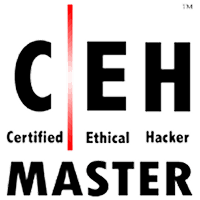
Certified Ethical Hacker (Master)
Show overview

Certified Ethical Hacker (Practical)
Show overview
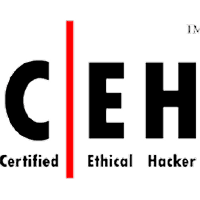
Certified Ethical Hacker (ANSI)
Show overview
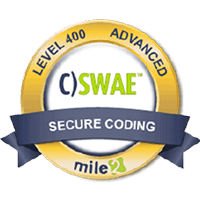
Certified Secure Web Application Engineer
Show overview

Burp Suite Certified Practitioner
Show overview

CREST Certified Web Application Tester
Show overview
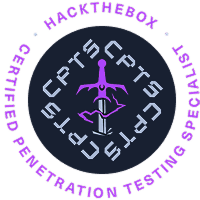
HTB Certified Penetration Testing Specialist
Show overview
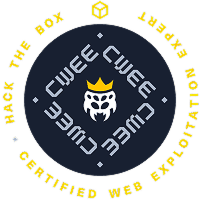
HTB Certified Web Exploitation Expert
Show overview

7ASecurity Certified Mobile Professional
Show overview

Android Exploit Developer
Show overview

Certified Android Security Researcher
Show overview

Certified Android Penetration Tester
Show overview

Certified iOS Penetration Tester
Show overview

Certified AppSec Pentesting eXpert
Show overview
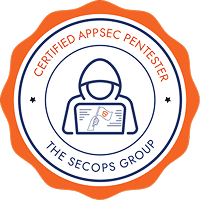
Certified AppSec Pentester
Show overview

Certified Mobile Pentester - Android
Show overview

Certified Mobile Pentester - iOS
Show overview

Certified API Pentester
Show overview

Certified AI/ML Pentester
Show overview

Certified Cloud Pentesting eXpert - AWS
Show overview

Certified Cloud Security Practitioner - AWS
Show overview
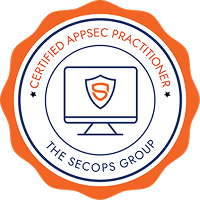
Certified AppSec Practitioner
Show overview

Certified Network Security Practitioner
Show overview

Offensive AWS Security Professional
Show overview

AWS Red Team Expert
Show overview

Multi-Cloud Red Team Analyst
Show overview

CWL Certified Cyber Security Analyst
Show overview
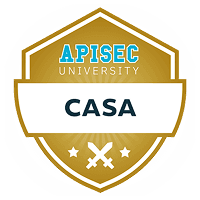
Certified API Security Analyst
Show overview
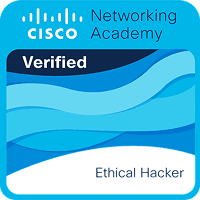
Ethical Hacker
Show overview

